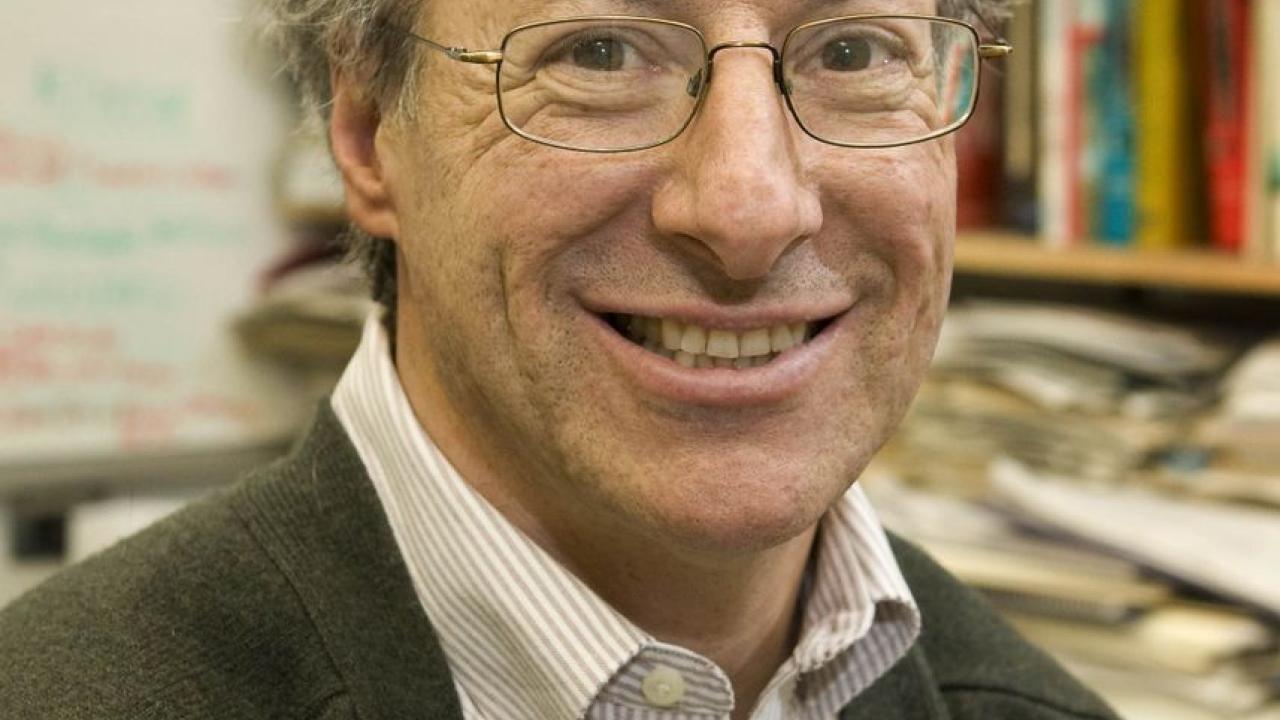Distinguished professor Robert Wayne, a renowned evolutionary and conservation geneticist whose research helped explain the history and evolution of domestic dogs, died on Dec. 26 of pancreatic cancer, at age 66.
Wayne was a faculty member in UCLA’s department of ecology and evolutionary biology for over 30 years. His genetics research aided in the conservation and management of canid species around the globe. He was also the first to establish a conservation genetics lab at UCLA.
Wayne was a dedicated teacher and mentor to many students. “My first meeting with Bob was 14 years ago, but I remember it vividly because it changed the course of my life,” said Jacqueline Robinson, who earned a doctorate in 2017. “Bob inspired me. He gave me a chance, and he supported my scientific development as we worked on fascinating projects together over the years.”
Outside of UCLA, Wayne was a cyclist, naturalist and conservationist. He promoted the conservation of wolves and helped protect the habitat and species of the Santa Monica Mountains, where he lived with his wife and friend Blaire Van Valkenburgh, a UCLA distinguished professor and paleontologist.
In honor of Wayne’s contributions to conservation genetics, the American Genetic Association is establishing the Robert K. Wayne Conservation Scholarship and Research Fund to support graduate students whose research directly benefits a threatened species.
Read more about Robert Wayne’s life and work at UCLA Newsroom.
Image Source: Reed Hutchinson/UCLA





